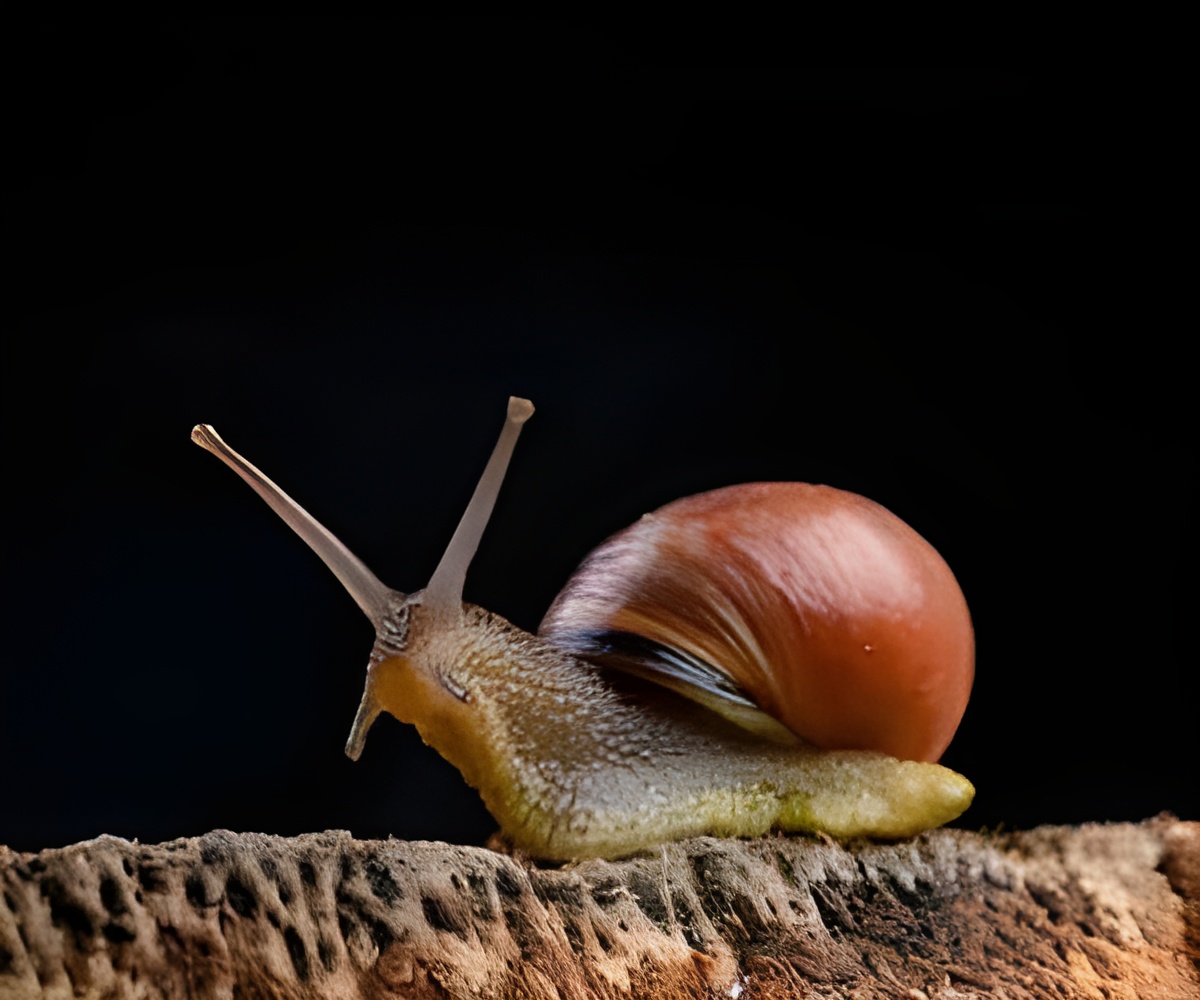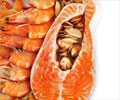Scientists explain what happens in the brain when we have bad experiences with food.

Snails like sugar and start feeding on it as soon as it is presented to them. Researchers altered this behavior using aversive training by tapping the snails gently on the head when sugar appeared. Due to this, the snails then refused to feed on the sugar, even when they were hungry.
Dr. Ildiko Kemenes led the research team, who discovered a neuronal mechanism that reversed the snails' usual response to sugar after conditionally training them.
She explains that a neuron in the snail's brain normally suppresses the feeding circuit, and this network is prone to pontaneously activate, even in the absence of any food. She adds that stopping the circuit ensures that the snail doesn't eat everything and anything. But in the presence of sugar, this neuron becomes inhibited, and feeding commences.
Klmenes aslo explains that after the aversive training, the neuron reverses its electrical response to sugar, i.e., becomes excited instead of inhibited by it. This means that a switch has been flipped in the brain, and the snail no longer eats the sugar because it now suppresses rather than activates feeding, she says.
When presented with a piece of cucumber instead, the team found that the trained snails were happy to eat it. This showed that the aversive stimulus (the taps) were associated with only the particular type of food they were trained to reject.
Advertisement
The negative experience of the snail with the sugar could be compared to humans eating a bad dish.
Advertisement
Results also showed that when the neuron was removed entirely from trained snails, they started eating sugar again.
Kemenes says, "However, we cannot rule out that the sugar-activated sensory pathway also undergoes some changes, so we don't assume that this is all that's happening in the brain."
Source-Medindia














